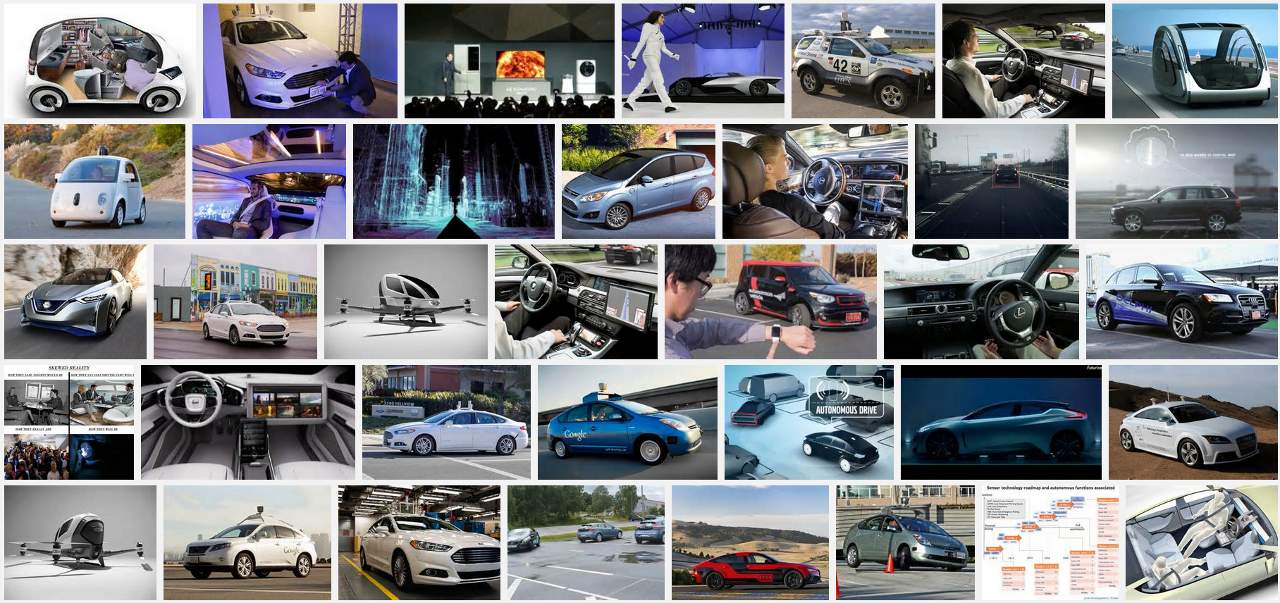Autonomous cars
The next revolution in mobility
Autonomous Cars (ACs) are expected to make the jump from science and R&D-departments into industrial production and consumers’ driveways in the next few years. Accordingly, a continuously growing need for research to address the issues and concersn exists. Established car manufacturers and new players, above all Google, invest heavily in this new form of mobility. Governments try to position their economies and legal frameworks so that their countries might profit from this new technology. ACs are expected to become nothing less than the next revolution of mobility. If ACs become a part of our life, they have the potential to revolutionize the way people move and to substantially improve their quality of life. In ACs, public, private and commercial transport join to offer a new experience of traveling. ACs make mobility more user-friendly, safer and more sustainable than ever. ACs promise also a new unprecedented autonomy and mobility for those not able or willing to drive, the elderly, the children and the disabled. These possible fundamental changes in mobility are of growing interest to the scientific community. Many effects of ACs on mobility have been suggested. Examples are shorter commute times or a reduced number of cars. So far however, only few pioneer works tried to roughly quantify them. The goal of this project is to quantitatively investigate these effects. MATSim, an agent-based transport micro-simulation, in combination with an extensive survey to estimate behavioural models and to understand responses to ACs, will be used to achieve this goal. MATSim combines the modelling of large scale transport scenarios with the simulation of individual vehicles and traffic participants. MATSim therefore allows the quantitative investigation of autonomously operating cars embedded in a large scale, realistic environment with individuals adapting their mobility behaviour dynamically. A stated choice survey is planned to estimate the behavioural models needed to accurately simulate individual behaviours given ACs. It considers possible treatment effects of information on ACs given to subjects and is extended with questions on the acceptance and perception of ACs. Based on the results of the project the quantitative effects of AC’s on tomorrow’s mobility and society can be assessed.
